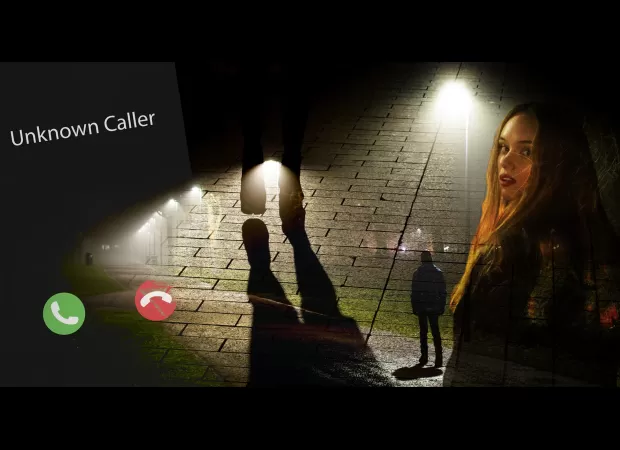System failing stalking victims as it allows cases to escalate.
2/3 of London stalkers have a history of offending, according to report by victims’ commissioner Claire Waxman.

According to data, it is estimated that one in five women and one in ten men in the UK will experience the terrifying ordeal of stalking. However, a recent review has revealed that the criminal justice system is failing to protect women from this form of harassment. The report, conducted by London's victims' commissioner Claire Waxman, found that a staggering two-thirds of stalking suspects in the capital have a history of similar offenses. Additionally, it was discovered that 80% of stalking reports made by victims were initially recorded as domestic abuse or harassment, rather than stalking.
The issue of stalking has come into the spotlight once again with the popular Netflix series "Baby Reindeer". The show, based on a true story, follows the experiences of Donny, a comedian who is relentlessly stalked by a woman named Martha. The show's creator, Richard Gadd, drew from his own four-year ordeal of being stalked by a woman who referred to him as "Baby Reindeer". The show has shed light on the terrifying reality of being a victim of stalking.
John, a victim of stalking for 27 years, shared his own harrowing experience with Sky News. He revealed that when he first reported the behavior to the police, they simply laughed it off and told him to "tell the girl to go away". This is just one example of the lack of understanding and support that victims of stalking often face.
But what exactly is stalking? It is a pattern of persistent and obsessive behavior that causes the victim to feel scared or harassed. This can involve repeated actions and can continue for a prolonged period of time. Ms. Waxman's report has called for a reform of stalking laws, stating that too many stalkers are able to evade justice. In April, a woman was sentenced for stalking after sending 8,000 letters to singer Harry Styles.
Emma Lingley-Clark, the interim CEO of the Suzy Lamplugh Trust, stressed the urgent need for action from all agencies to improve the response for stalking victims. The Suzy Lamplugh Trust, a stalking victims charity, reports that one in five women and one in ten men will experience stalking in their lifetime.
The laws against stalking have evolved over the years. In 1997, the Protection of Harassment Act was introduced to address all forms of harassment, including stalking. In 2012, stalking was made a specific offense, with stalkers facing up to ten years in prison if convicted. In 2020, Stalking Protection Orders were introduced to give police new powers to intervene and stop stalkers. However, despite these measures, only 6% of reported stalking cases in England and Wales result in charges being brought against the perpetrator.
The rise in reported cases of stalking, particularly in the past year, has been attributed to changes in the way police forces record the crime. However, a third of the victims had a prior acquaintance with their stalker, often an ex-partner. The impact of being stalked can be devastating, with 50% of victims having to curtail or stop working because of the abuse. Shockingly, victims tend to report the stalking to the police only after the 100th incident.
In response to the alarming statistics, safeguarding minister Laura Farris has issued new statutory guidance to police forces. This will lower the standard of proof needed to issue Stalking Protection Orders, making it easier for victims to receive the necessary protection. However, Emma Lingley-Clark of the Suzy Lamplugh Trust emphasizes that there is still a need for increased awareness and understanding of stalking among police officers.
Assistant Commissioner Louisa Rolfe also stressed the importance of identifying and addressing escalating predatory behavior before it leads to more serious crimes such as rape or murder. Libby Squire's mother, Lisa Squire, who tragically lost her daughter to a stalker, believes that offenders should receive treatment and their thinking should be unpicked and changed. She also calls for harsher punishments for gateway offenses, which can often lead to more serious crimes.
It is clear that more needs to be done to protect victims of stalking and hold perpetrators accountable. The recent changes in legislation and guidance are a step in the right direction, but there is still a long way to go. We must continue to raise awareness, educate ourselves and others, and demand better from our criminal justice system. Share your thoughts and experiences in the comments below.
16 Views




